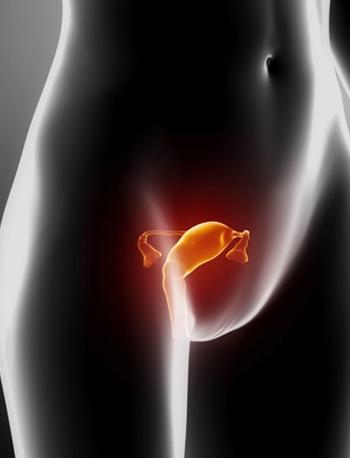
Patients with recurrent or metastatic cervical cancer treated with cemiplimab experienced an improved overall survival, progression-free survival, and overall response rate, leading to priority review from the FDA.

Your AI-Trained Oncology Knowledge Connection!


Patients with recurrent or metastatic cervical cancer treated with cemiplimab experienced an improved overall survival, progression-free survival, and overall response rate, leading to priority review from the FDA.

The FDA has approved the use of CD19-directed CAR T-cell therapy brexucabtagene autoleucel for adult patients with relapsed/refractory precursor acute lymphoblastic leukemia.

Treatment with nivolumab/ipilimumab and nivolumab/chemotherapy has demonstrated efficacy in unresectable advanced, recurrent, or metastatic esophageal squamous cell carcinoma, with results from the CheckMate-648 trial leading to the acceptance of the regimens’ applications by the FDA.

Investigators believe that active monitoring presents an alternative option to capecitabine maintenance therapy for patients with stable or responding metastatic colorectal cancer.

An association was identified between second-line clinical trial participation for patients with metastatic non–small cell lung cancer and a mean cost savings of $6663 for health care payers.
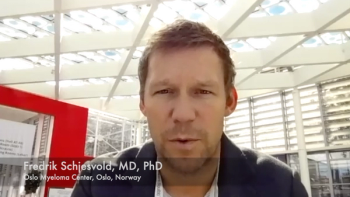
CancerNetwork® sat down with Fredrik Schjesvold, MD, PhD, at the 2021 International Myeloma Workshop to talk about how he would like to see the OCEAN trial and Melflufen progress for relapsed/refractory multiple myeloma.

Patients with early breast cancer appear to have consistent prognostic value associated with residual cancer burden, regardless of disease subtype.

The addition of docetaxel did not improve overall survival for patients with nonmetastatic unfavorable-risk prostate cancer, although it reduced incidence rates of radiation therapy-induced cancer.
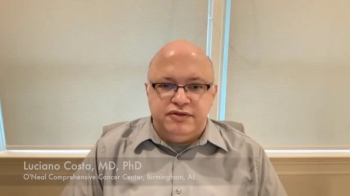
CancerNetwork® sat down with Luciano Costa, MD, PhD, at the 2021 International Myeloma Workshop to talk about the most common adverse effects experienced from the quadruplet drug treatment for patients with multiple myeloma.

CancerNetwork® sat down with Fredrik Schjesvold, MD, PhD, at the 2021 International Myeloma Workshop to discuss the differences in safety profiles between melflufen/dexamethasone and pomalidomide/dexamethasone in relapsed/refractory multiple myeloma.

Multimedia intervention Starting the Conversation successfully encouraged discourse about sexual health among patients with breast cancer and reduced anxiety.

The association between current human papillomavirus vaccination trends and incidence of oropharynx cancer will be modest over the next 25 years.

As more novel therapeutic targets are discovered in patients with chronic lymphocytic leukemia, the more possibilities are presented in terms of treatment with targeted agents, small molecules, and cellular therapies.

Patients with muscle-invasive bladder cancer treated with gemcitabine and split-dose cisplatin plus pembrolizumab experienced improved pathological downstaging.

A final overall survival analysis found improved results and a tolerable safety profile for patients with advanced IDH1-mutated cholangiocarcinoma who received ivosidenib vs placebo.
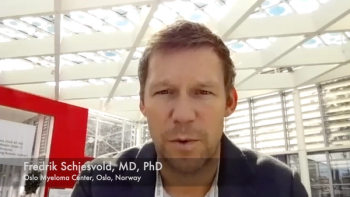
CancerNetwork® sat down with Fredrik Schjesvold, MD, PhD, at the 2021 International Myeloma Workshop to talk about importance of subgroups when administering melflufen and dexamethasone to patients with relapsed/refractory multiple myeloma.

Refractory gastrointestinal stromal tumors can potentially be treated by using a KIT inhibitor combination of PLX9486 and sunitinib.

CancerNetwork® sat down with Luciano Costa, MD, PhD, at the 2021 International Myeloma Workshop to talk about the most important data from the phase 2 MASTER trial in newly diagnosed multiple myeloma.

A recent trial found that patients with EGFR exon 20 insertion–mutant metastatic non–small cell lung cancer with prior disease control on standard EGFR inhibitors demonstrated efficacy and tolerability of mobocertinib.
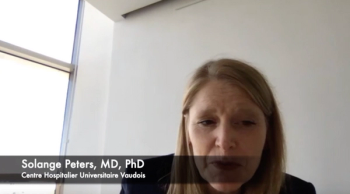
Solange Peters, MD, PhD, detailed several important abstracts from the Presidential Symposia at the 2021 ESMO Congress she believes will be practice changing.

Several factors among cancer survivors, such as rural residence, low income, and low education were found to be independently associated with a higher risk of developing new-onset cardiovascular disease.

The FDA has expanded the label for cetuximab/encorafenib for the treatment of patients with previously treated BRAF V600E–positive metastatic colorectal cancer.

A subset of patients with metastatic uveal melanoma achieved promising responses after treatment with entinostat and pembrolizumab.

Combination everolimus/letrozole yielded a higher progression-free survival over letrozole alone in a population of patients with hormone receptor (HR)–positive, ERBB2-negative advanced breast cancer.

CancerNetwork® sat down with Alicia Morgans MD, MPH, at the 2021 European Society for Medical Oncology to talk about key findings observed when utilizing cabazitaxel vs a second androgen receptor targeted agent in metastatic castration-resistant prostate cancer.

Although safety, efficacy, and symptom burden were not statistically different between patients with pulmonary oligometastases treated with single- or multi-fraction stereotactic ablative body radiotherapy, delivery appeared more efficient in the single-fractionation arm.
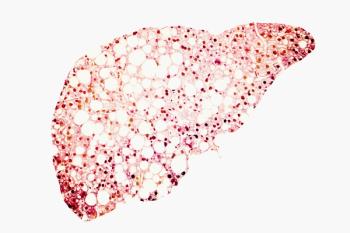
Patients with advanced hepatocellular carcinoma who received prior treatment with sorafenib appear to benefit from treatment with pembrolizumab and best supportive care.

CancerNetwork speaks with Josh Ludwig on its latest podcast to discuss ScaleReady’s plans to make cell and gene therapy more practical and viable moving forward.

Marshall Posner, MD, detailed the potential for personalized mRNA vaccines to treat patients with various different tumors and what information is still needed.

By not including race as part of the Chronic Kidney Disease-Epidemiology Collaboration equation, Black patients with cancer were more likely to not receive treatment for their disease.